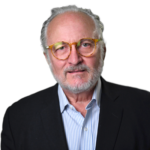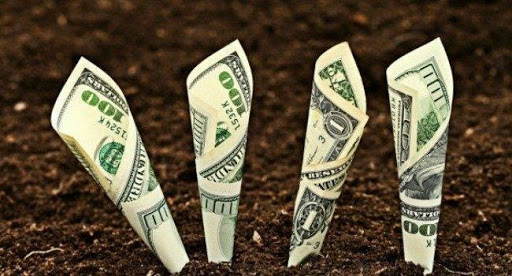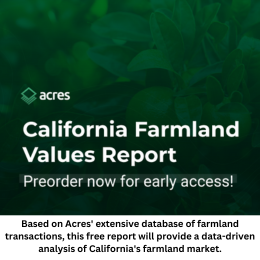May 10, 2021
CONSULTANT’S CORNER: Please enjoy this posting of Consultant’s Corner — where the industry experts from HighQuest Partners provide insight on the latest activities in the ag investing and agtech space.
By Philippe de Lapérouse and Mark Zavodnyik, HighQuest Consulting
Emissions and pollutants generated by food and agricultural production globally have long been considered a major factor in causing climate change. Recent studies estimate that the sector accounts for 21 to 47 percent of Greenhouse Gas (“GHG”) emissions. There is consensus that agricultural production and land use (cropping systems and animal protein production) account for ~5.2 gigatons of annual carbon emissions, or approximately 10 percent of the 2015 Paris Agreement’s commitment for reducing GHG emissions.
While a voluntary market for carbon offset credits generated by the food and agricultural sector has existed for decades, the perception has been that this activity was operating on the margins of conventional financial markets. However, growing public concerns over the negative consequences of climate change have resulted in a noticeable shift in financial resources to create compliance and voluntary markets that support the financialization of carbon and other GHGs to incentivize stewards to adopt practices that sequester carbon, creating an “asset” that has a quantifiable market value that can be sold to “investors” seeking to offset their own carbon footprint.
A recent report commissioned by the Ecosystem Market Consortium (“ESCM”) estimated that potential demand for carbon credits derived from food and agricultural production in the U.S. is 190 million MT or $5.2 billion (assuming an average price of $27/MT of CO2). This report also estimated that the potential total supply of carbon credits that could be generated in the U.S. from food and agriculture is 320 million MT, or $8.6 billion (assuming $27/MT of CO2).
This emerging market is positioned to continue growing over the next decade and beyond. Understanding how the market functions and how it can be leveraged for financial benefit will increasingly become important for stakeholders operating in and allocating capital to the food and agricultural sector globally.
To address the trends driving interest in natural capital investments that provide a new source of revenue and capital for land stewards, increasing demand for carbon offsets, how the carbon offset market operates and the key stakeholders, we have authored a white paper (The Financialization of Carbon Assets in Food and Agriculture) that will be distributed to GAI News subscribers on May 17th.
May 17 UPDATE: Read more about the white paper in this Q&A with the authors, and also download a copy of the now-available white paper.
ABOUT THE AUTHORS
 Philippe de Lapérouse is a managing director at HighQuest Partners, a leading global strategy advisory and consulting firm. HighQuest advises strategic players operating in and financial investors allocating capital to the global food and agricultural value chains on making informed decisions on strategy and resource allocation. Lapérouse chairs the Global AgInvesting conference series. He can be reached in St. Louis at +1 314.960.1632 or via email at pdelaperouse@highquestpartners.com.
Philippe de Lapérouse is a managing director at HighQuest Partners, a leading global strategy advisory and consulting firm. HighQuest advises strategic players operating in and financial investors allocating capital to the global food and agricultural value chains on making informed decisions on strategy and resource allocation. Lapérouse chairs the Global AgInvesting conference series. He can be reached in St. Louis at +1 314.960.1632 or via email at pdelaperouse@highquestpartners.com.
 Mark Zavodnyik is a consulting manager with HighQuest Partners where he focuses on advising clients to make informed M&A and strategy decisions across the global food & agriculture sector. Previously, Mark was a commodity trader at AAK USA where he was responsible for all tropical oil sourcing, trading, and risk management for company facilities in the United States. Additionally, he oversaw due diligence of the commodity procurement function of potential acquisition targets. He can be reached at +1.574.274.3099 or mzavodnyik@highquestpartners.com.
Mark Zavodnyik is a consulting manager with HighQuest Partners where he focuses on advising clients to make informed M&A and strategy decisions across the global food & agriculture sector. Previously, Mark was a commodity trader at AAK USA where he was responsible for all tropical oil sourcing, trading, and risk management for company facilities in the United States. Additionally, he oversaw due diligence of the commodity procurement function of potential acquisition targets. He can be reached at +1.574.274.3099 or mzavodnyik@highquestpartners.com.

Let GAI News inform your engagement in the agriculture sector.
GAI News provides crucial and timely news and insight to help you stay ahead of critical agricultural trends through free delivery of two weekly newsletters, Ag Investing Weekly and AgTech Intel.




